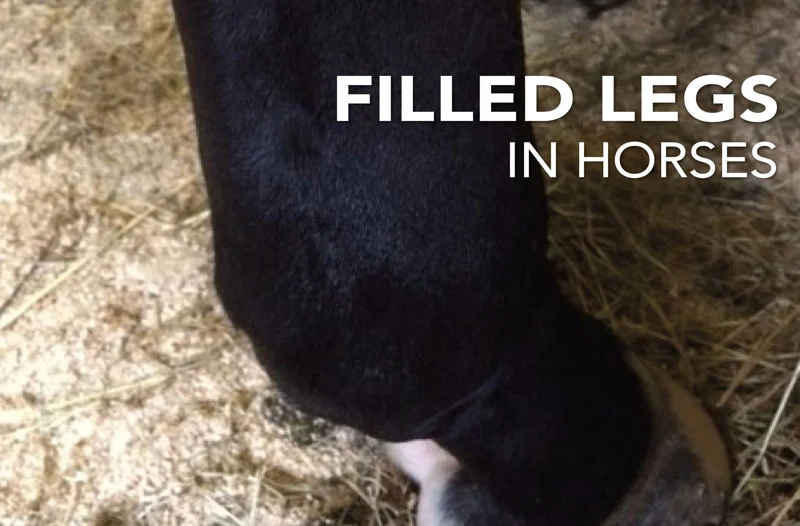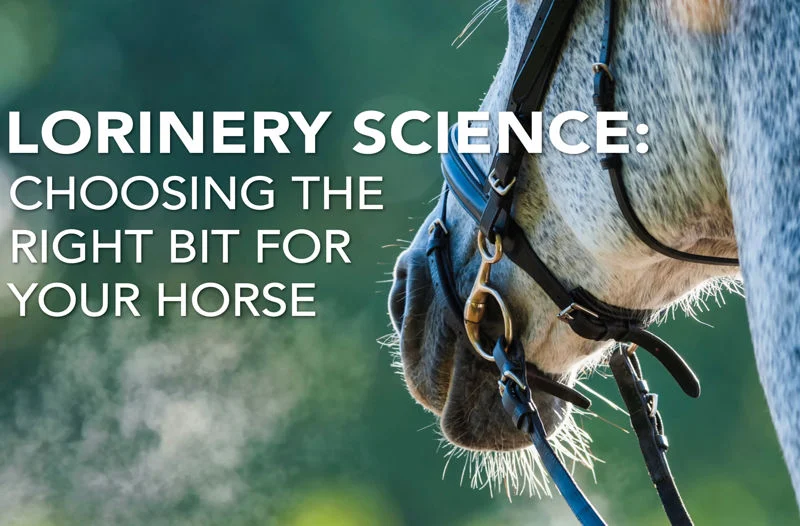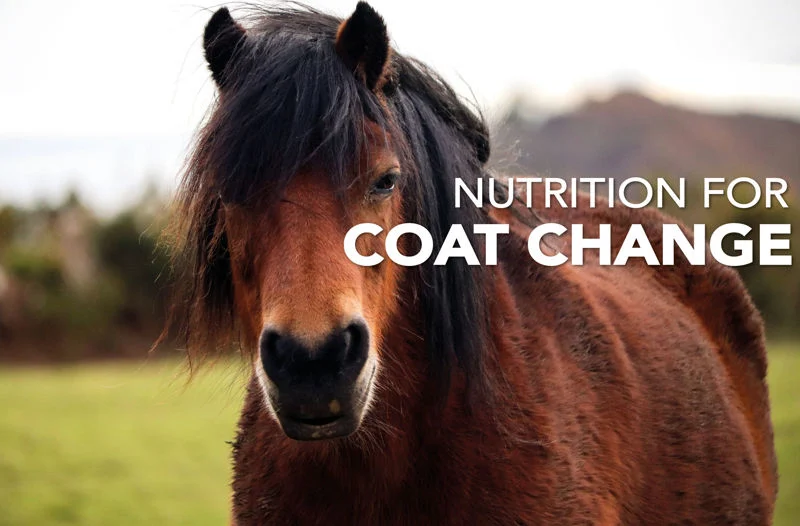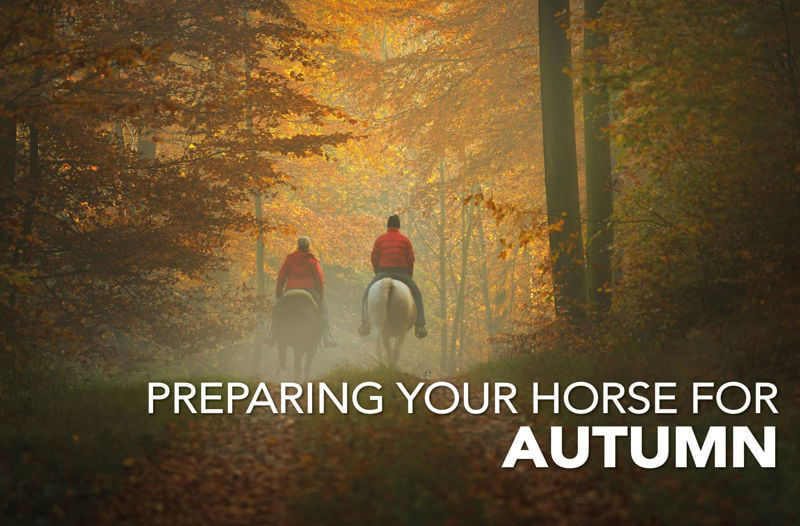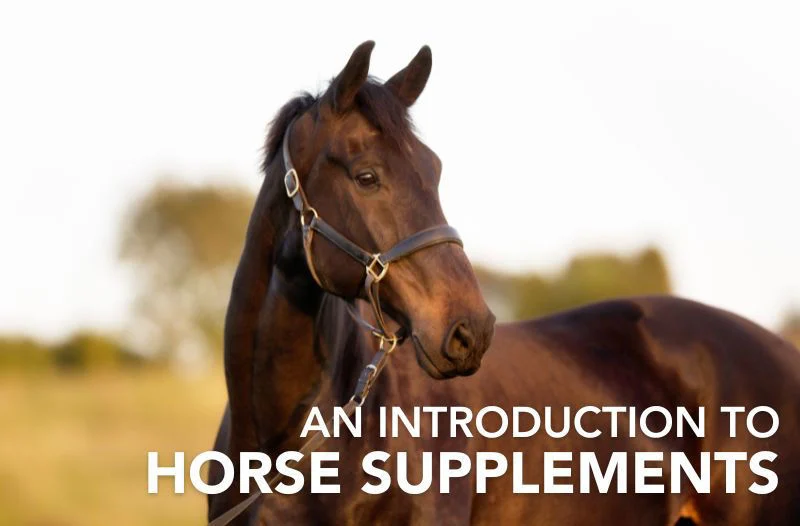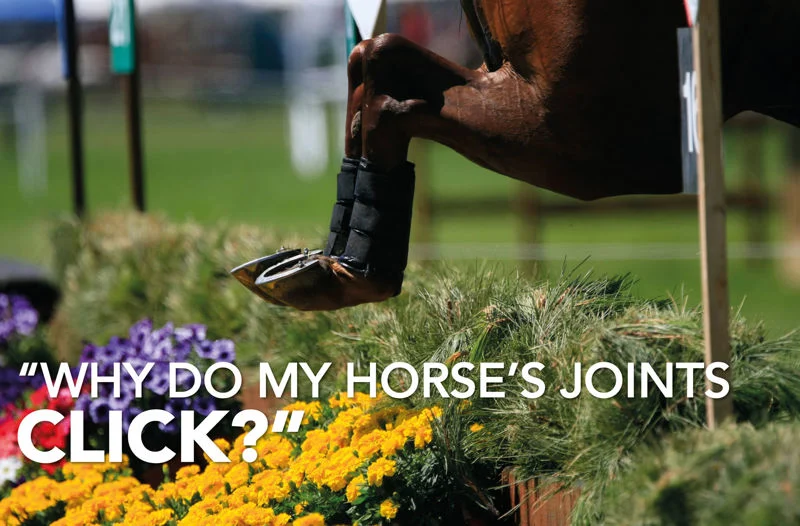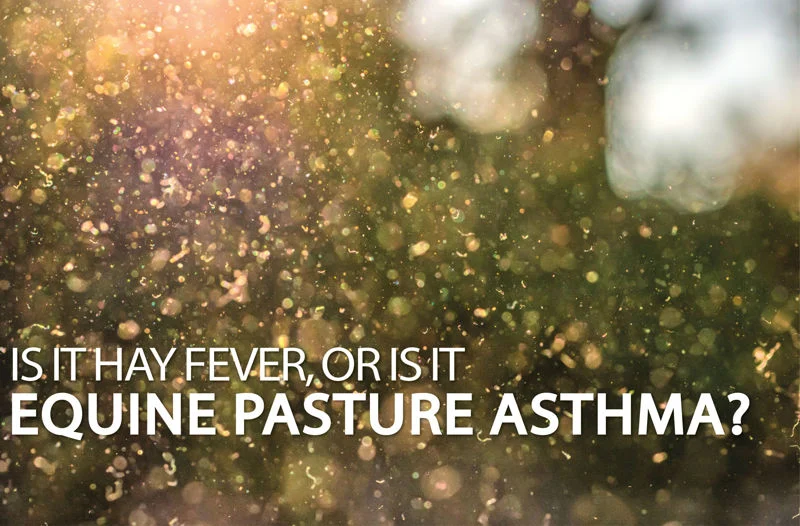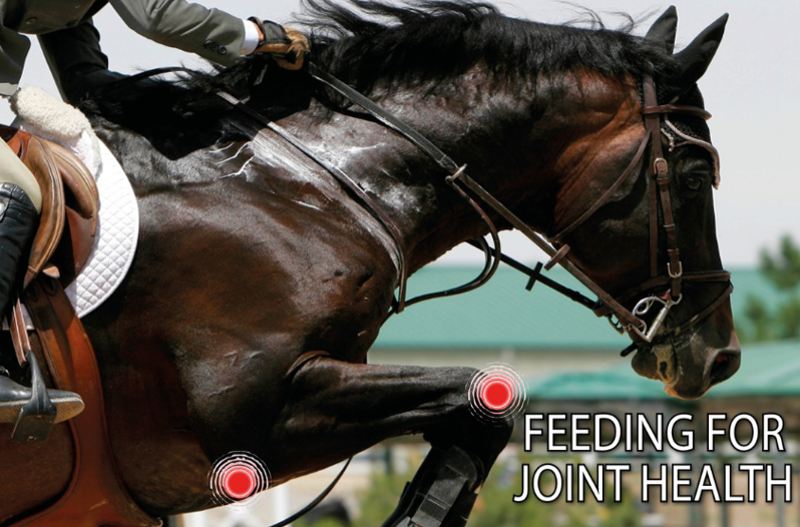Behavioural issues are certainly more prevalent over the winter. In general, horses are stabled more, and exercised less, and so can have more ‘pent-up’ energy. Cold weather and wind or rain can make horses more ‘on their toes’, especially if they are freshly clipped!
Filled legs are a common ailment that is regularly seen among horses as we enter the winter months. Whilst this is a common occurrence, how worried do you need to be and what can you do to help reduce filled legs?
As bits work by applying pressure in the horse’s mouth (a highly sensitive part of their body), it’s very important we ensure the bit is comfortable, suitable for that individual, and fitted properly. Bit pressure can be painful and stressful for a horse, so care must be taken when choosing a bit to fix a problem.
Skin and coat health is extremely important and both are used as an indicator of your horse’s overall health status. This week, we look at supporting them via nutrition and what can happen if your horse needs additional support.
Common Autumn ailments include digestive issues, mud fever, laminitis and skin issues. How can you prepare for Autumn and support your horse’s health throughout this season?
If you're new to feeding supplements or want to go back to basics, we're looking at what you need to know to confidently get started.
To achieve maximum performance, competition horses require targeted nutrition to keep them on track and maintaining optimal health and fitness.
Clicking joints is common in both horses and humans, however, the cause of the sound is not well understood.
With our climate becoming warmer and seeing hotter summers, higher levels of pollen and dust occur. This is leading to an increased number of horses suffering from Equine Pasture Asthma.
Whether your horse is at the peak of their performance, has sustained an injury or is growing older, horse joint supplements are hugely popular among horse owners for supporting mobility and flexibility. Whilst inflammation is an important part of the repair process, reducing unnecessary inflammation is important for the longevity of joint health. In this weeks Equine Science Matters™ we discuss that not all joint supplements are equal and by knowing what is included, you can help manage your horse’s joint health effectively.
_800.png)












